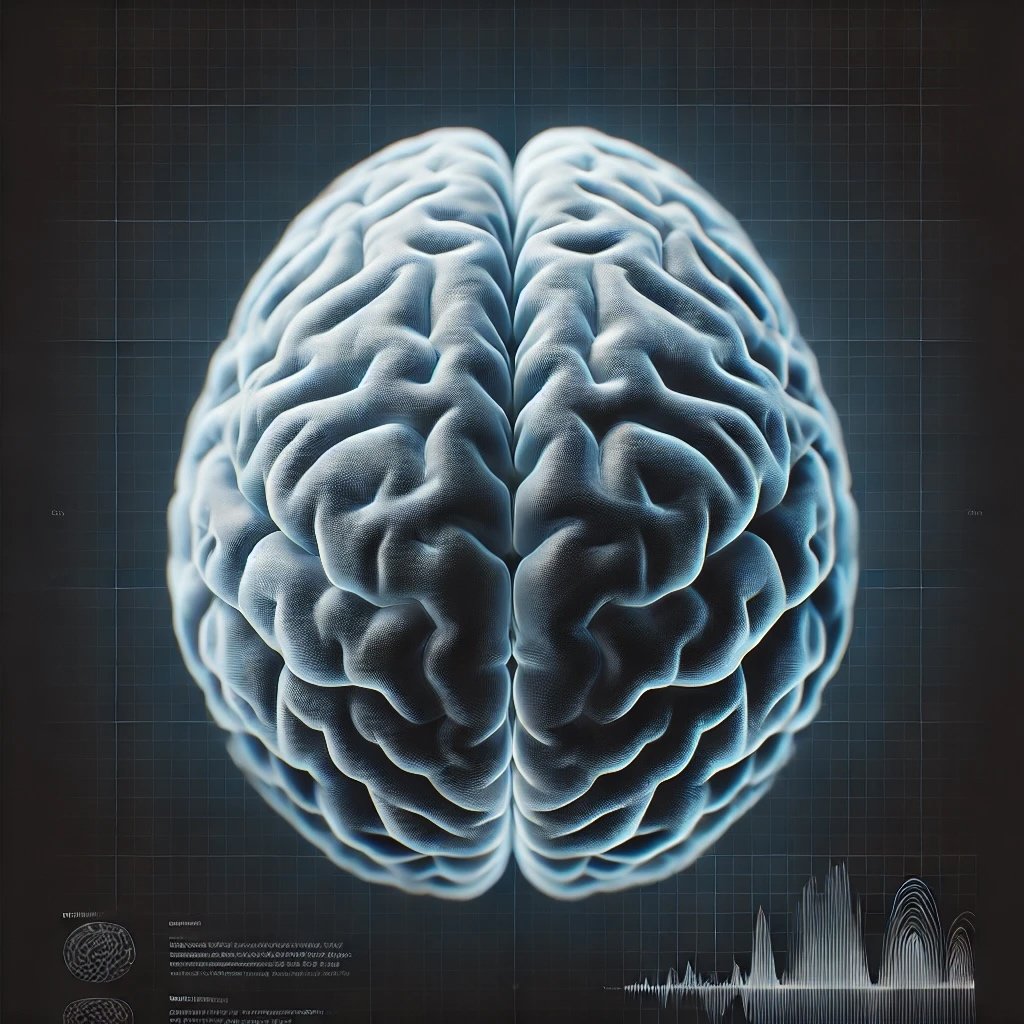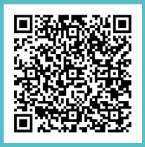
Current Studies
Research helps us find new and better ways to care for you. You can be a part of the next discovery.
Our research studies pay for your time. If you are interested in participating or learning learning more, scan the QR code or click the link below.
-
Seeking participants for schizophrenia and bipolar research!
The goal of this clinical trial is to learn about cognition in schizophrenia, bipolar disorder, and schizoaffective disorder using MRI scans and Transcranial Magnetic Stimulation (TMS)
-
Have you been diagnosed with a psychotic disorder in the last three years?
Seeking individuals between 18-35 with a diagnosis of a psychotic disorder with an onset within 3 years. We are interested in understanding how we can predict outcomes using assessments of symptoms, thinking abilities, and brain function.
-
Are you interested in how our bodily sensations affect our experiences?
We want to understand how people with schizophrenia and bipolar disorder understand their bodily signals and how these signals may affect their perception of and interaction with the outside world.
-
TMS Study in People with Bipolar Disorder
This study examines the impact of transcranial magnetic stimulation (TMS) on brain energy metabolism in people with bipolar disorder. The study includes a baseline visit, five days of TMS, and a follow-up visit.
-
Have you experienced bipolar disorder or psychosis? Seeking participants for a dietary study.
We are studying whether your diet can have an effect on energy pathways in the brain and can improve cognition, mood, and psychosis. There is evidence for diet modification being beneficial in other conditions such as epilepsy. In this study, we will compare the ketogenic diet and a standard diet and their effects on brain energy.
-
Study of Nutritional Supplement on Depression, Anxiety, and Stress in People with Bipolar I
Help researchers assess nutritional supplement Magnesium-vitamin B6 in treating symptoms of anxiety, depression and stress. Participants will take Magnesium-vitamin B6 for 4 weeks and complete clinical interview, MRI scans, and blood draws.
-
Understanding Hallucinations in Schizophrenia
This study looks at a treatment option for auditory hallucinations and use transcranial magnetic stimulation (TMS) to stimulate areas of the brain associated with these symptoms.
-
Sleep research at McLean Hospital seeking participants with bipolar-I disorder or healthy controls
McLean Hospital researchers are seeking participants for a study that examines the role of brain functions underlying sleep characteristics. Study includes a daytime nap, memory task, and an MRI scan.
-
Brain MRI Research
We are conducting this study to look at how the brains of healthy people use energy compared to people who are experiencing new changes in their mental health, thinking, and/or everyday functioning. We will be using an MRI scanner, a machine that uses a magnetic field and radio waves to describe your brain.
-
Mental Health Research for Adolescents and Young Adults with Recent Onset Depression
In this study, we are investigating how things like stress and reward are processed in the brain differently for young people who are healthy, or who have begun feeling sad, down, or depressed in the past year.
-
Understanding Hallucinations in Schizophrenia
This study looks at a treatment option for auditory hallucinations and use transcranial magnetic stimulation (TMS) to stimulate areas of the brain associated with these symptoms.
-
Adolescent & young adult mental health research
A study about stress and learning in the brains of teenagers and young adults. Participants answer questions about their mental health, take a cognitive assessment, and complete an MRI.
-
Visual perception study for adolescents and young adults age 14-30
We are conducting this study to understand visual perceptual changes in adolescents and young adults with mental health concerns. We are studying visual changes in individuals who are at clinical high risk for psychosis, individuals with a history of mental health related illnesses, and individuals with no history of mental health related illnesses.
